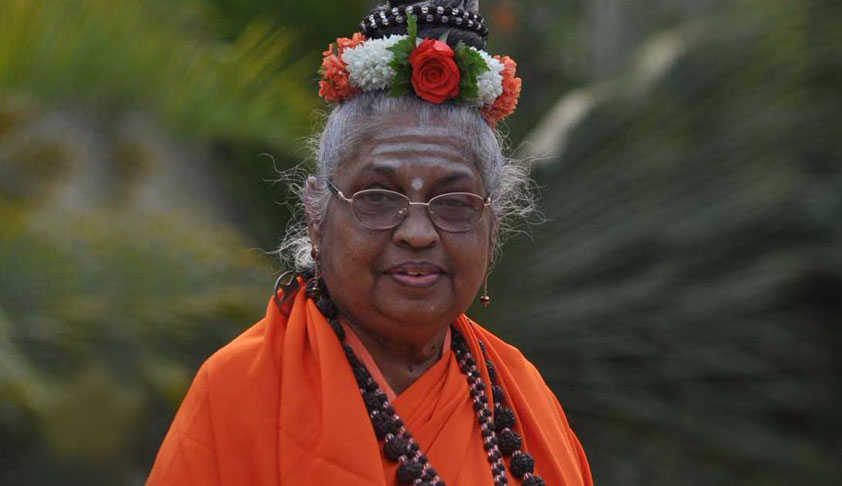While balancing the right to express one’s views in religious matters, and the State’s so-called duty to restrict them, in order to prevent violent protests against it, the Supreme Court tilted in favour of the latter. The Court was hearing the Kannada author and mystic scholar, Mate Mahadevi’s appeal against the Karnataka High Court’s judgment, delivered in 2003, upholding...

